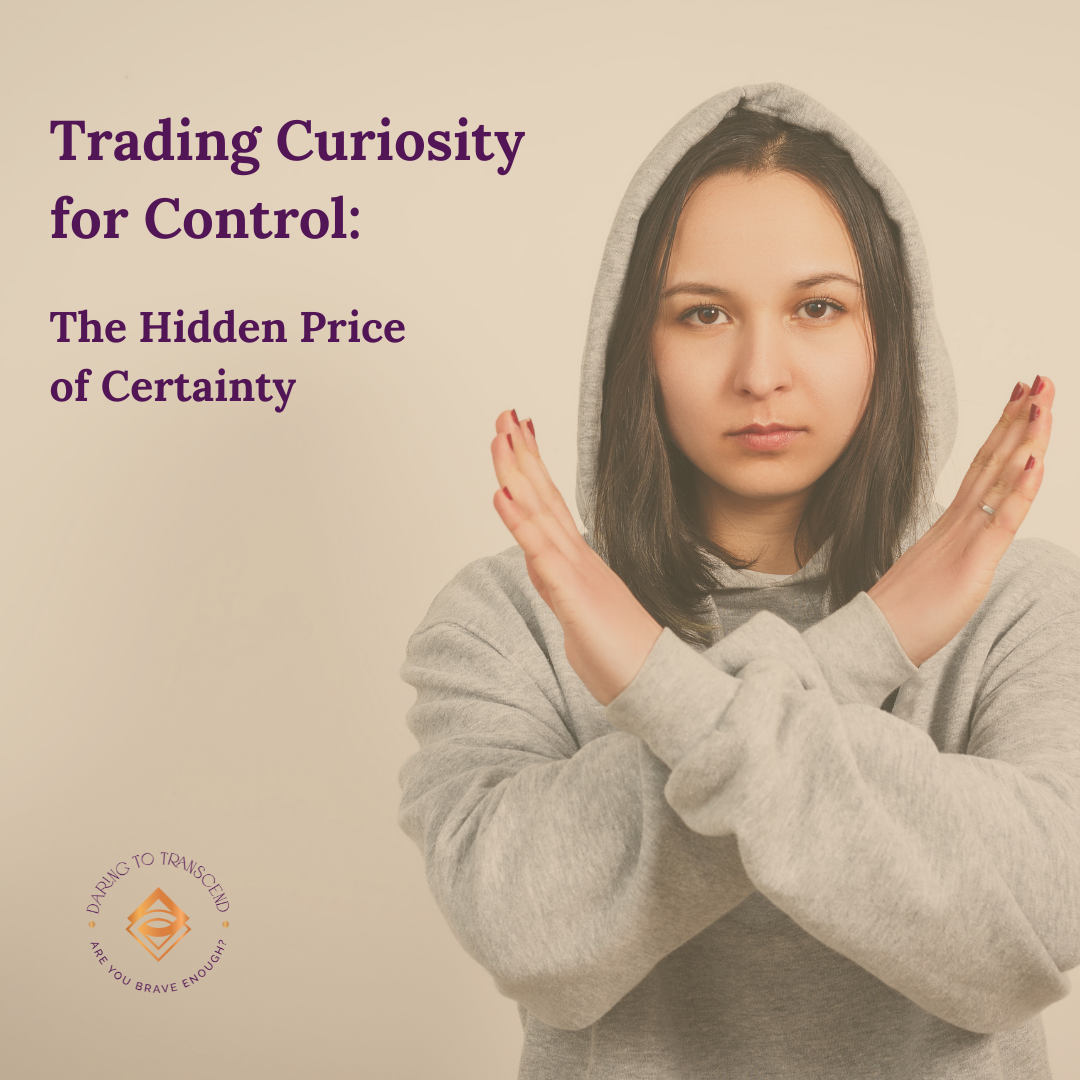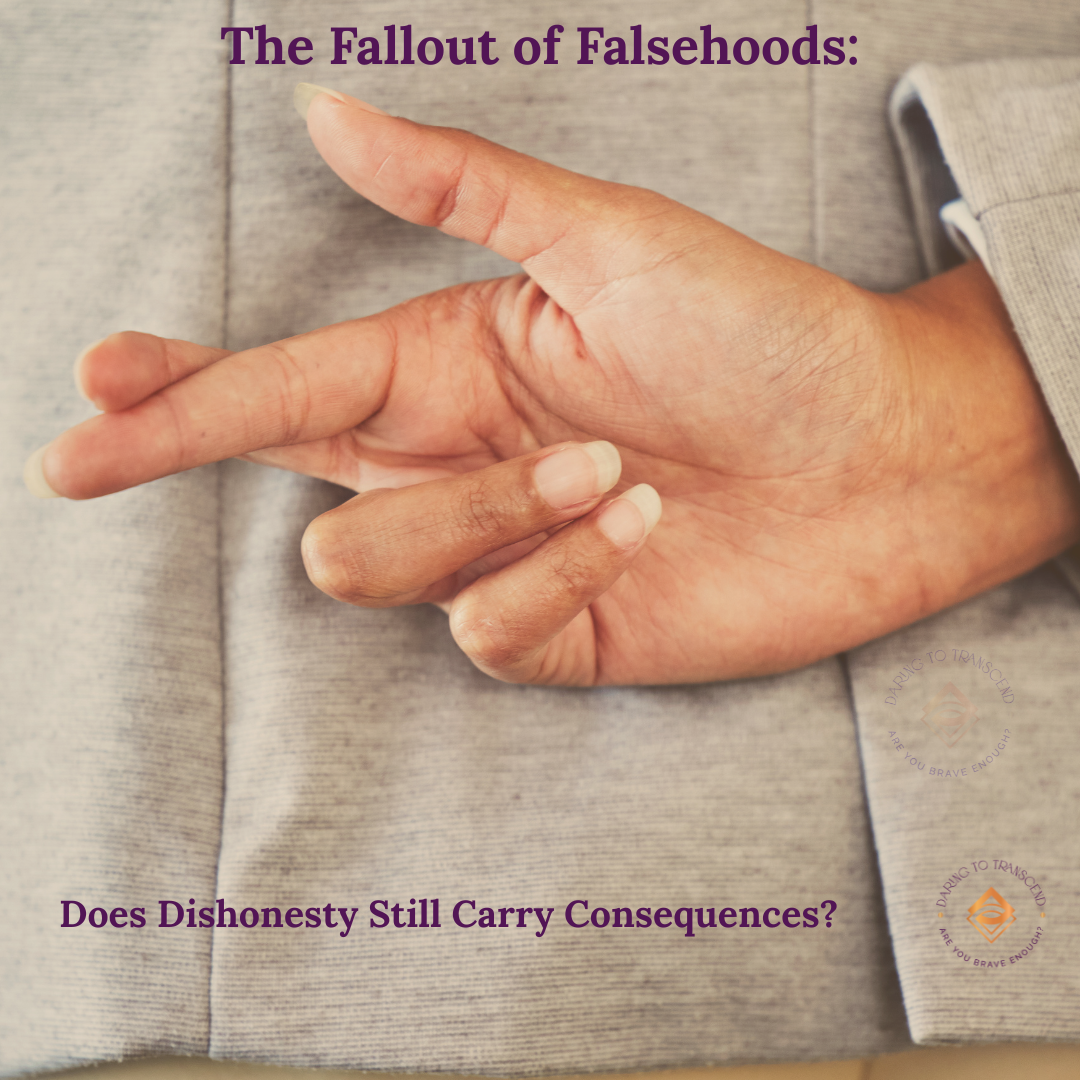We love certainty. It makes us feel smart, safe, and in control. In a world that usually feels very unpredictable, being sure of something—anything—can feel like solid ground beneath our feet.
But what if that certainty is actually holding us back?
One of the biggest mistakes leaders (or anyone, for that matter) can make is being too certain.
I know this seems counterintuitive in many ways.
After all, leadership is often about creating certainty. It’s setting a direction, a strategy, and supporting the team in executing it. Right?
Yes… and no.
Yes, it’s important for leaders to create a degree of certainty in their organization because uncertainty can cause people to freeze, to be anxious, or to go off in different directions.
No, because there is such a thing as too much certainty.
So, when does that certainty cross the line into too much?
- When certainty outweighs curiosity.
- When we become unwilling “to not know”.
- When we stop asking questions or even fact-checking.
- When certainty becomes a mechanism of control – whether it’s controlling your team or trying to control your world.
Look, we all seek certainty. It’s a basic human instinct to try to be in control. So, don’t beat yourself up about that.
However, pay attention to when your need for control and certainty overrides your curiosity and open-mindedness.
Because we always need to listen. Not to the same argument over and over again, of course. (Even though there are those who want us to.) But to new information. New opinions. Other approaches. Different ideas.
A good leader (a good human) is always evaluating whether the certainty they believe is still, well, certain.
Not that we can afford to change direction constantly. It’s fair to say that sometimes you have to say that the new idea is a good one, but we’re too far down the current road to change at this time.
Maybe you will use the new idea the next time.
So, how do you know when you are “too certain”?
One of the best ways to self-check whether your level of certainty is “too much” is to pay attention to how you listen.
- Do you listen to be able to say someone is “heard”, but you know in advance nothing will change your mind?
- Do you listen to marshal your arguments against the other person’s point of view?
- Do you listen to learn something new?
These can be hard questions to answer, especially when we are passionate about something.
But as much as curiosity can be stifled by too much certainty, curiosity is also the best defense against it.
Being curious doesn’t mean you have to change your mind with each new piece of information.
It does mean you need to be willing to change your mind. Which might, my friend, feel like it’s admitting that you might have been— oh no!— wrong!
The key word there is “feel”. Changing your mind doesn’t necessarily mean you were wrong. It means that you were smart enough to recognize that new information had given you different options…
And aren’t new options wonderful?
Stay curious… and see what possibilities unfold.




0 Comments